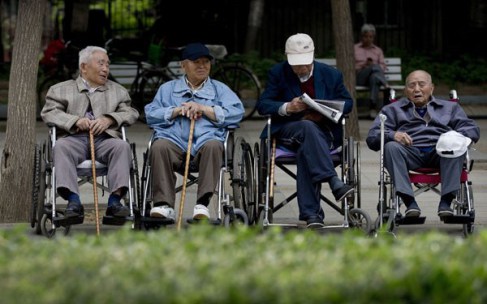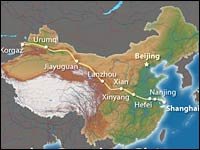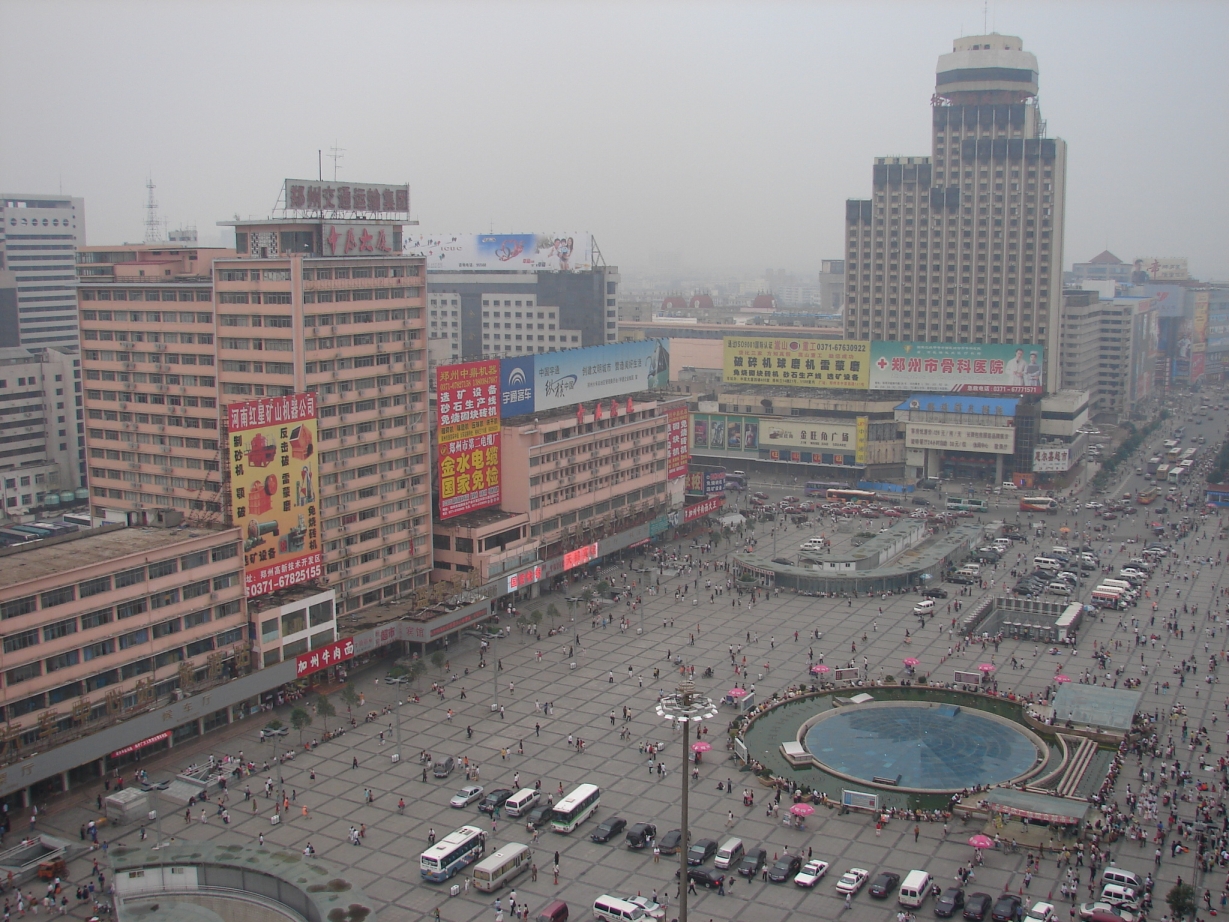Everywhere you go in China, you see grandparents taking care of their grandchildren while their parents are at work. The practice wouldn’t be so widespread if the country didn’t have such an early retirement age.
Currently, men must retire at 60 and women at 50 (blue-collar) or 55 (white-collar). Early retirement was designed to make room for younger people to enter the workforce, but now it’s putting a big burden on locally run pension systems.
To ease the problem, officials are planning to gradually raise the retirement age. No timetable or specific ages have been determined.
When the retirement ages were established in the 1950s, the average life expectancy in China was about 40 years. Today it’s 74, which means millions more elderly citizens must rely on pension payments.
***
China now has about 200 million people age 60 or over, about 15 percent of the population. That number is expected to grow by more than 8 million per year in the next decade.
Wang Lishi, a government worker in Suzhou, told the South China Morning Post that a higher retirement age would hurt the elderly.
“Where can a person aged 55 to 65 find a job? Wang asked. “Even if he gets a job as a doorkeeper or street cleaner, who would pay for his pension and health insurance?’’




